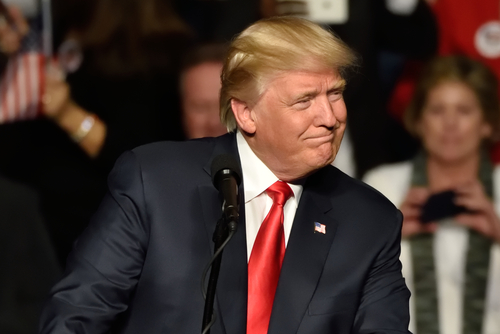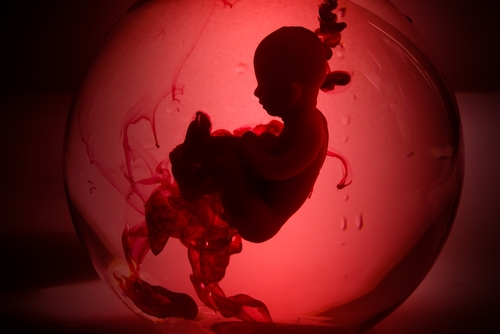
Russia PUSHES Forward – Ukraine FRONTLINES Threatened!
Heightened tensions in Ukraine accentuate diplomatic challenges, revealing cracks in European leadership solidarity amid escalating conflict.
At a Glance
- Russia claims advances into Ukraine’s Dnipropetrovsk region.
- Diplomatic tensions rise as Lithuania criticizes European responses.
- Ceasefire proposals dismissed, further complicating peace efforts.
- Ukrainian forces strive to hold the line against Russian aggression.
Conflict Escalation and Strategic Advances
As of June 8, 2025, the conflict in Ukraine has intensified with Russian forces asserting new territorial gains, claiming to have reached the border of the Dnipropetrovsk region. The Russian military’s engagements include units of the 90th Tank Division pressing into the region, and the control of over 190 square kilometers in Sumy. Concurrently, Russia is advancing toward other critical areas, like the city of Kostyantynivka, raising concerns regarding Ukraine’s operational capabilities.
In the midst of these developments, Ukraine continues to hold its defenses robustly. Ukrainian forces are reportedly maintaining their positions against Russian advances, demonstrating resilience and fortitude. The situation remains fluid with ongoing confrontations and strategic manoeuvring by both sides.
Diplomatic Frustrations and Leadership Challenges
The diplomatic landscape surrounding the Ukrainian conflict is fraught with challenges as Europe faces criticism for its perceived inaction. Lithuanian President Gitanas Nauseda has openly criticized German Chancellor Friedrich Merz and other European leaders for hesitating to impose stringent sanctions on Russia post its rejection of a 30-day ceasefire proposal. This criticism underscores a divide within European politics regarding the suitable course of action in response to Russian aggression.
“Our soldiers are courageously and professionally holding their section of the front, disrupting the occupier’s plans. This work does not stop for a minute” – Ukraine’s Southern Defense Forces.
Meanwhile, the dynamics of the conflict are complicated by accusations from both Russia and Ukraine regarding delays in prisoner swaps and the repatriation of the war dead, with both sides denying responsibility. These disputes highlight the deep-seated mistrust between the two nations that stymie potential paths toward a negotiated peace.
The Broader Implications of Escalation
Given the strategic advances on the ground and heightened diplomatic tensions, the Ukrainian conflict remains a critical point of concern for global security and economic stability. Analysts caution that continued Russian advancements could detrimentally affect Ukraine’s military efficacy and economic stability, potentially implicating broader European geopolitical interests. This situation demands careful navigation by international stakeholders to avert further destabilization and to promote viable pathways towards lasting peace.
“The enemy does not abandon its intentions to enter the Dnipropetrovsk region” – Ukraine’s Southern Defense Forces.
The ongoing conflict exemplifies the complexities inherent in contemporary warfare, encompassing military, diplomatic, and political dimensions that require coherent and unified strategies. This period in history underscores the necessity for clear-sighted leadership and innovative diplomatic resolutions to address enduring global conflicts.




